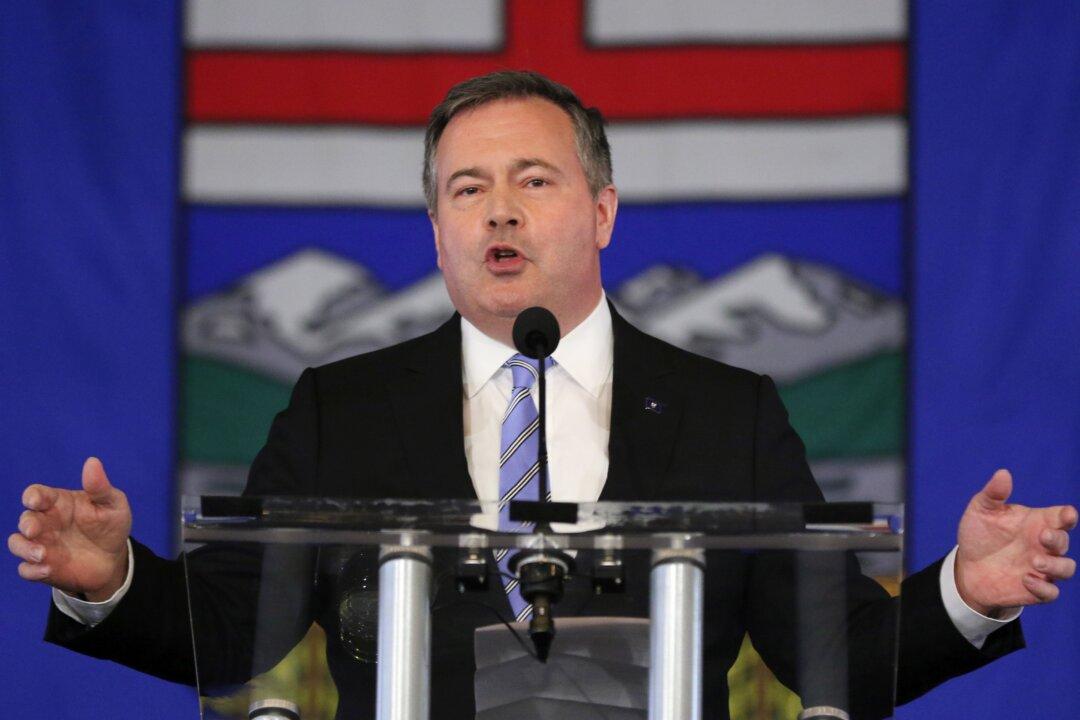The Alberta government will challenge federal legislation requiring that all plastics be labelled as “toxic substances” under the Canadian Environmental Protection Act (CEPA).
“It’s clear to Alberta that the federal government’s actions are unconstitutional infringement on our provincial jurisdiction under the Constitution,” said Premier Jason Kenney during a press conference announcing the province’s legal challenge on Sept. 8.





